
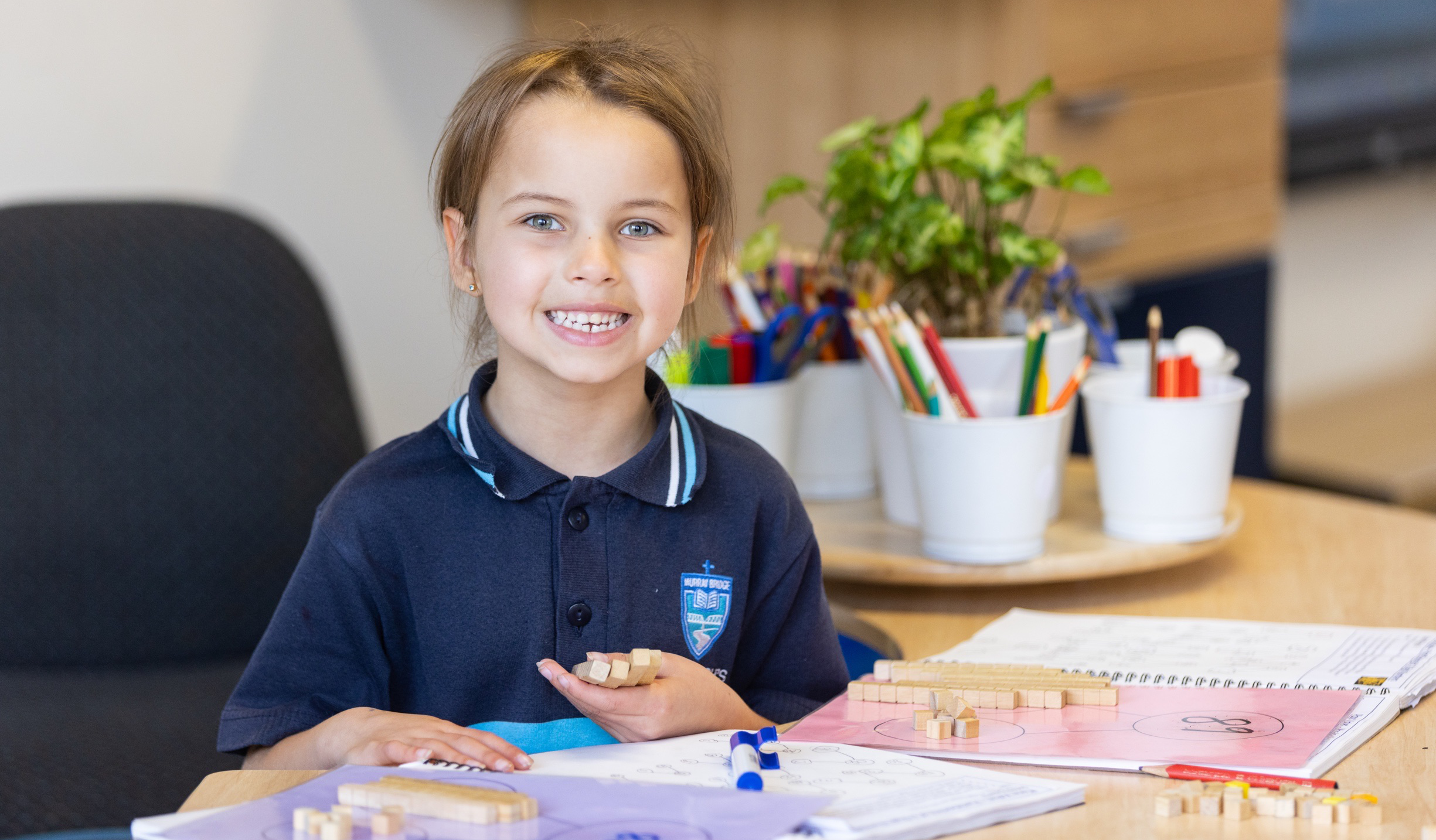
It embraces the eight national areas of learning and includes studies of Religious Education.
These are essential to meeting the educational needs of our students. Exciting student learning, diverse opportunities for success, respecting the place of each individual in their educational journey is at the heart of our work at St Joseph’s School.
Central to our role is educating students to respond to the dynamic society in which we live. Our teaching methods are flexible, adaptable and responsive to the individual needs of each student.
The Australian Curriculum provides a framework for our teaching and learning. It outlines the key elements of what young Australians should learn as they progress through their junior and middle schooling and into senior high school. It is the foundation of their learning, growth and active participation as productive members of society.
Curriculum Areas
General Capabilities
Cross-Curriculum Priorities
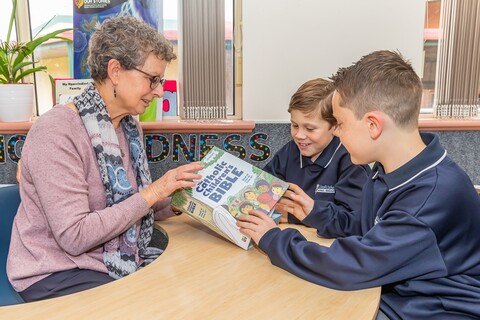
Our aim is to educate children in the values of the Gospels so that the virtues that Jesus inspires in His people will be reflected in our school.
The staff work towards continuing the charism of the co-founders of the Josephites and their schools, Mary MacKillop and Fr Julian Tenison Woods.
The ethos or pervading spirit of our school is critical in the Faith Formation of our students. This formation in faith incorporates many components:
As educators in faith, teachers work in partnership with parents who are the first educators of their children in faith and with the parish and the wider Church Community.
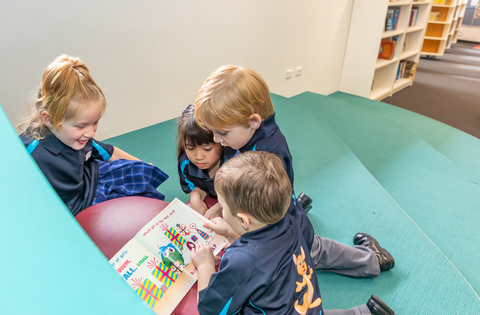
English involves written language, reading, oral language, viewing and listening skills. These modes of language are developed to enhance the overall learning of language.
Students are provided with many opportunities to learn and gain pleasure from language in a range of critical and creative ways throughout their schooling.
In the English curriculum, skills and knowledge about the English language and literature are developed, along with a strong emphasis on developing key literacy skills across all curriculum areas.
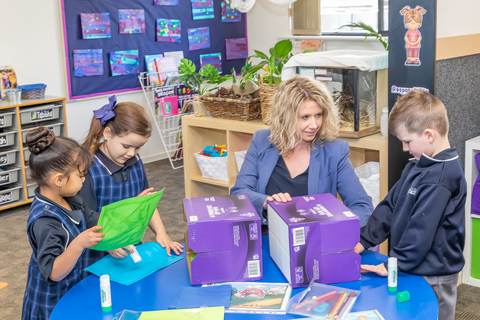
Learning mathematics is an active and engaging process.
Through thinking and working mathematically, students develop and use the processes of problem solving, reasoning and proof, communication, making and using connections and the skills of representation.
Their learning is structured around:
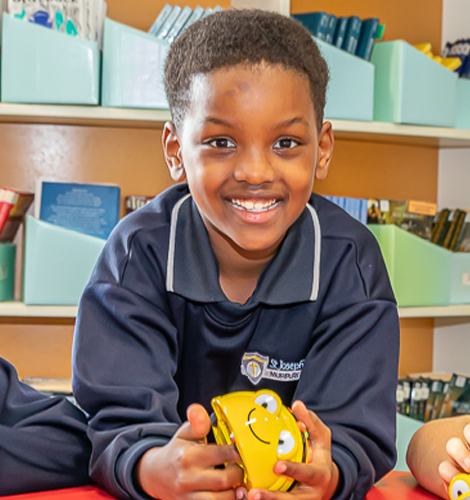
In science, students learn about the physical and biological world and test scientific ideas and explanations as they try to understand our changing world.
They learn about the physical and biological world and test scientific ideas and explanations as they try to understand our changing world.
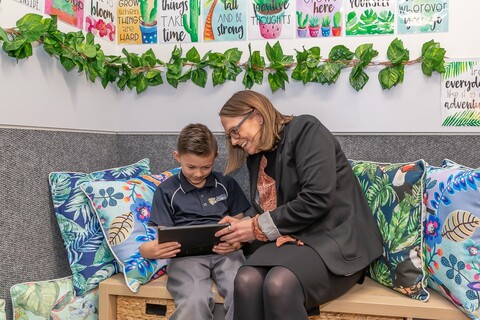
Technologies is structured around three main strands of learning:
This subject provides an opportunity to develop critical thinking skills, knowledge and understanding of materials, tools and techniques in creating products, processes and systems.
Through active engagement in practical design and technology experiences, children develop creative and powerful ways of designing and making to meet identified needs. They also learn to critically examine existing and planned technologies through investigating and questioning the four phases of technology lifespan:
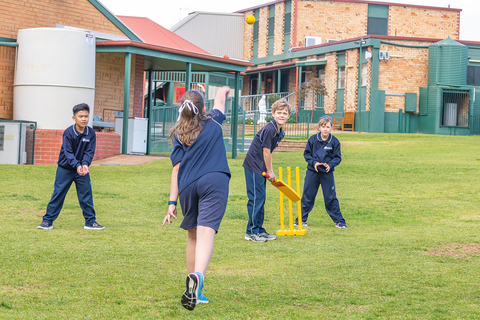
Physical Education has a strong focus on personal, social health, wellbeing, movement and physical activity. Values and attitudes learned in Physical Education promote the integration of physical, social, emotional, environmental and spiritual dimensions of living.
Each child has a 40-minute lesson per week, as well as swimming lessons to give the students to a more diverse range of physical exercise.
We welcome a number of sporting associations to run clinics at St Joseph's School, including SACA with their in2cricket clinics. Rugby SA with their tag rugby clinics, Wheelienet Program teaching students about disabilities and wheelchair basketball, and TriSkills Gymnastics.
St Joseph's is a registered Sporting Schools participant and a Hotshots Tennis National School, Physical Education has a 4 week tennis focus to enthuse students before the summer season commences.
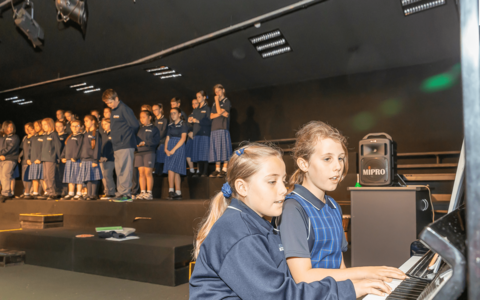
Studies in the arts involve students in experiences of creating, presenting and appreciating. These studies will result in the student acquiring arts knowledge and developing a range of artistic skills and other skills that will equip them for lifelong involvement in and appreciation of the arts, dance, drama and music.